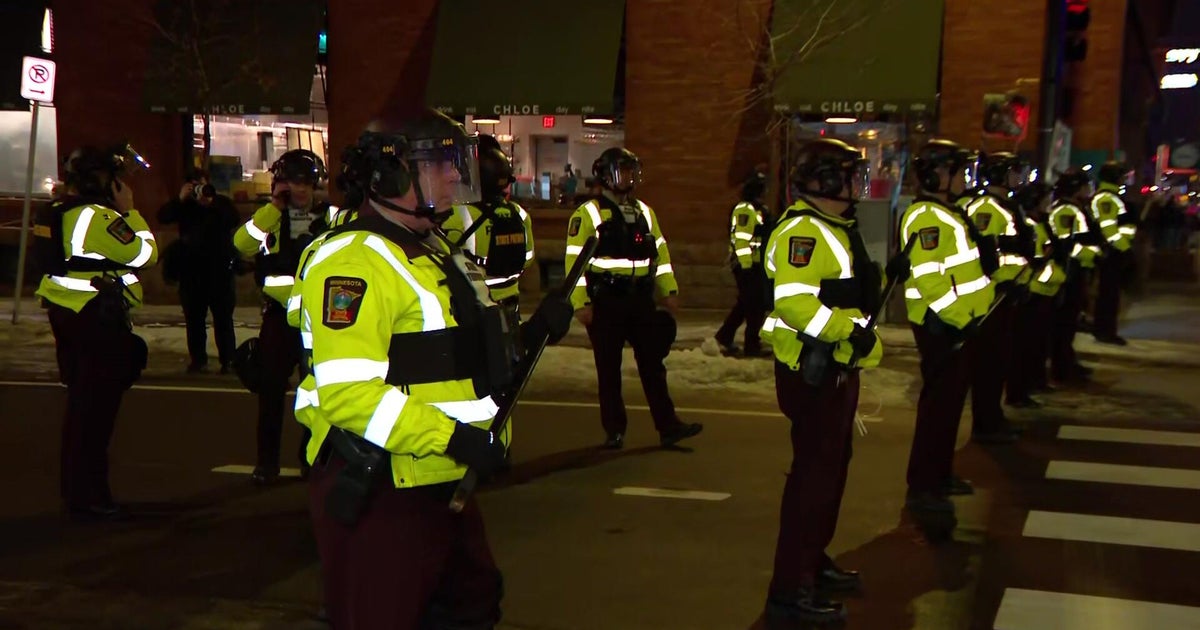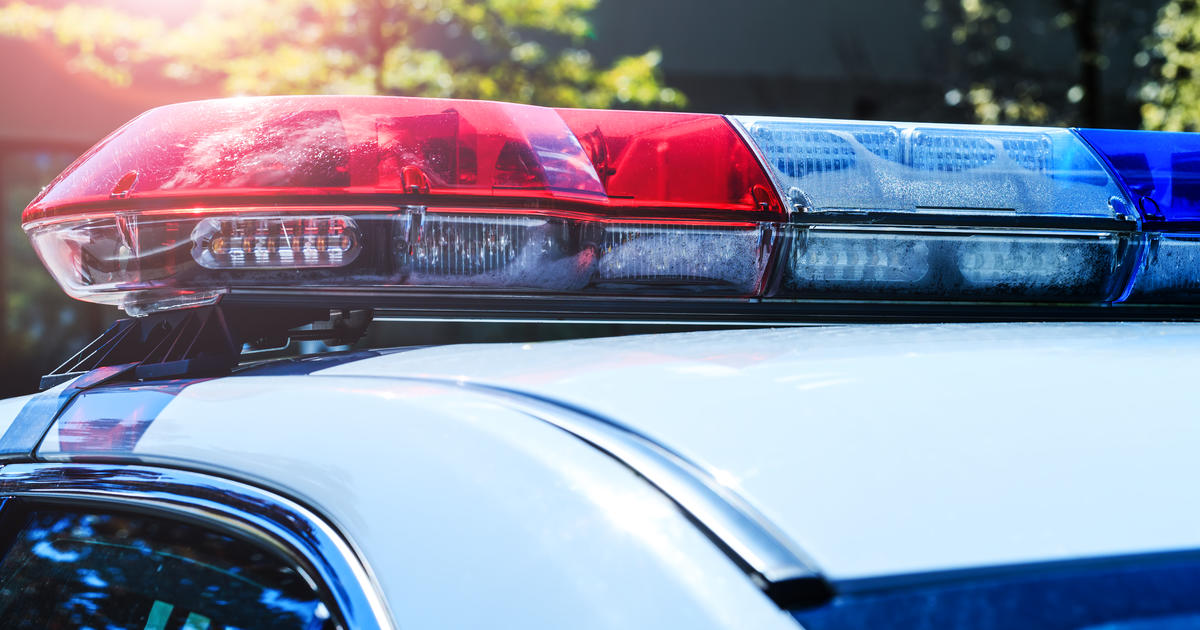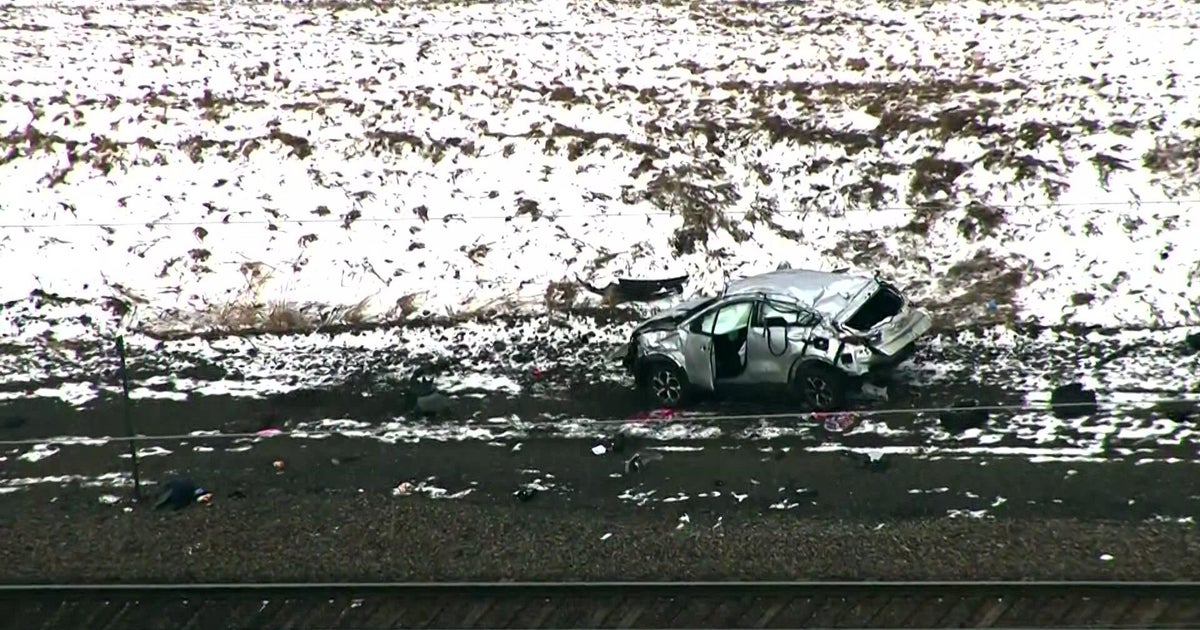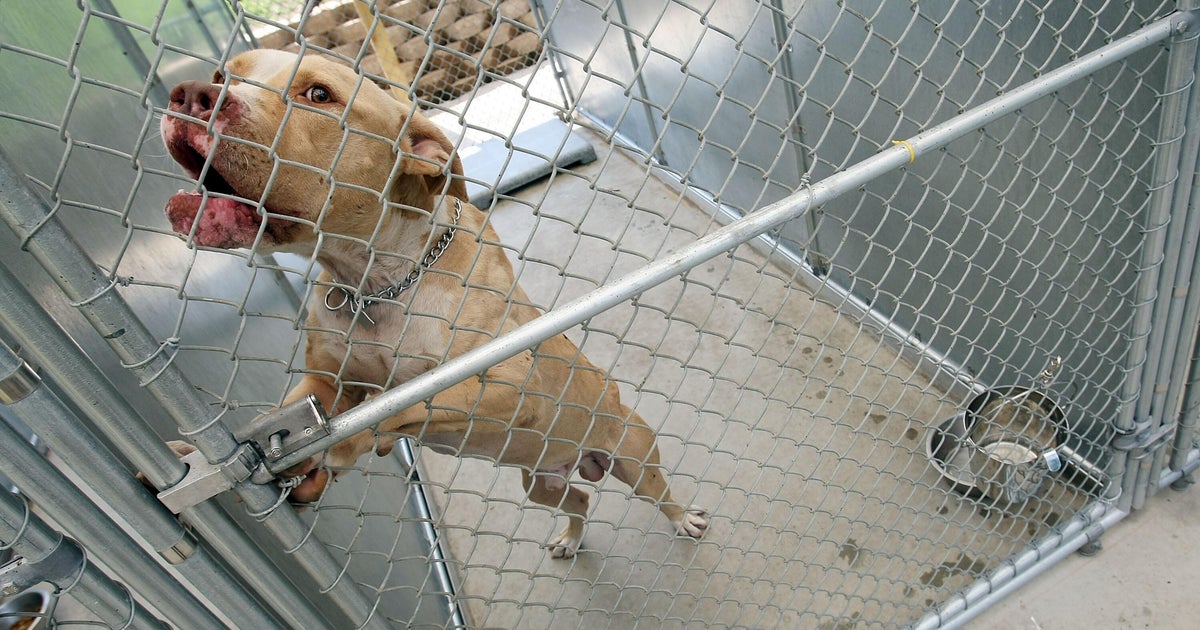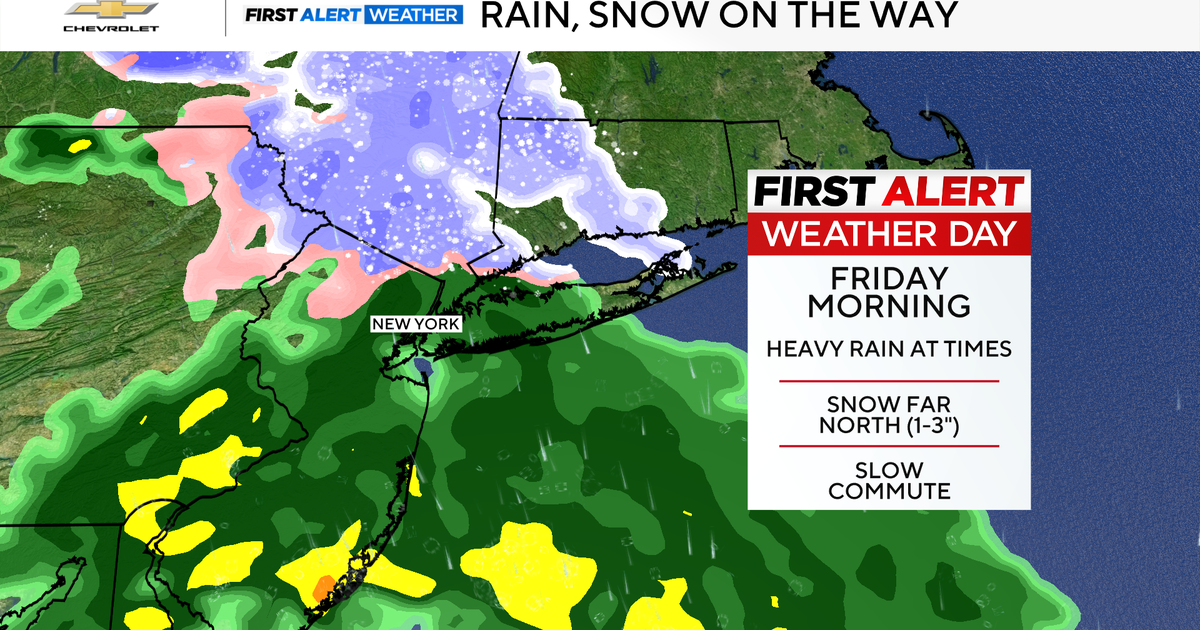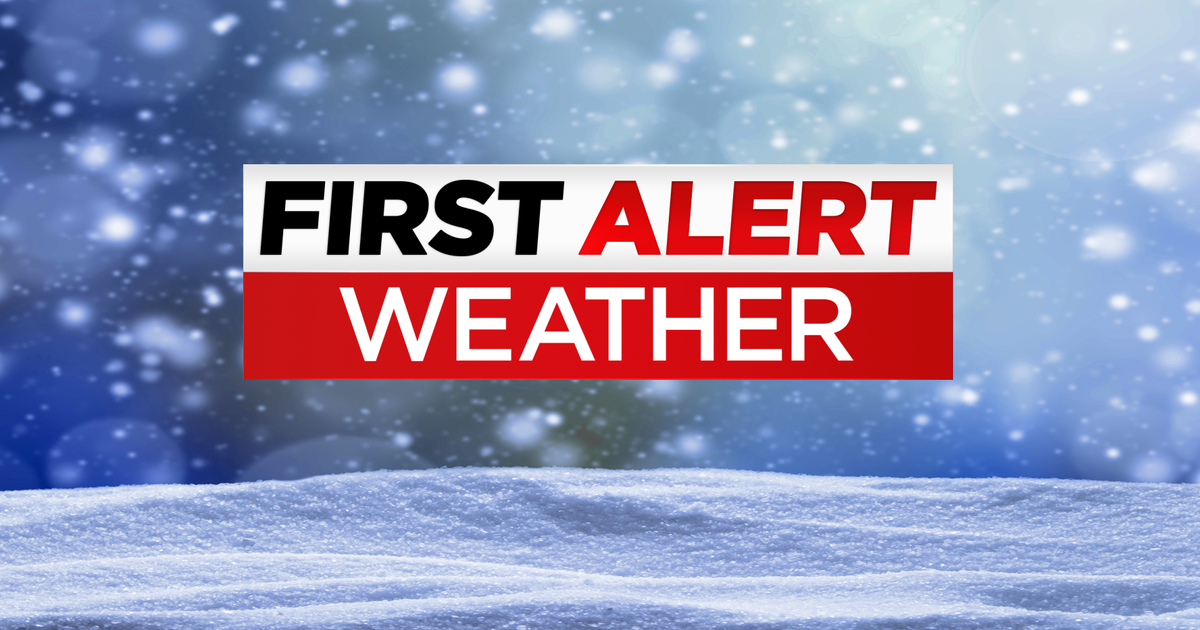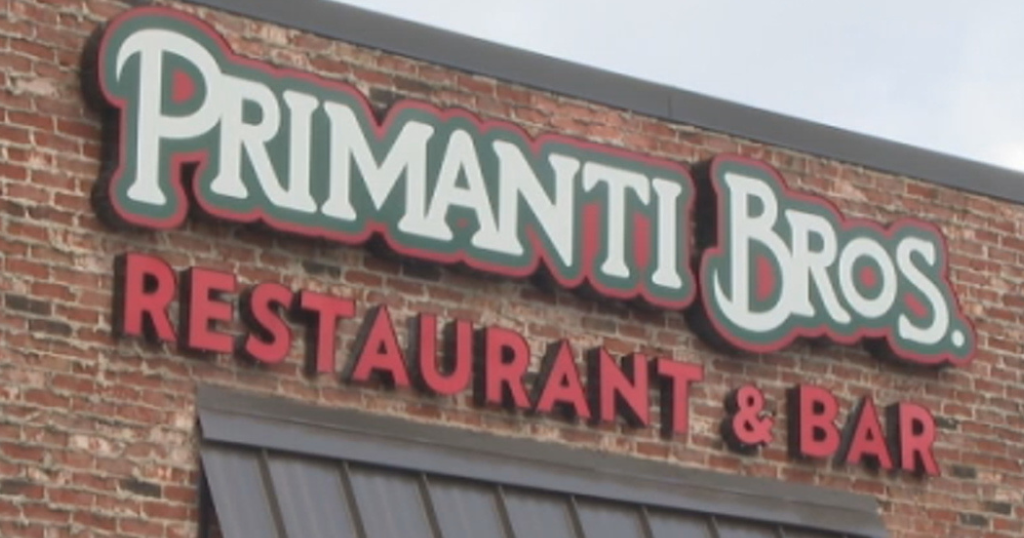Good Question: What Would Be The Economic Impact Of Sunday Liquor Sales?
MINNEAPOLIS (WCCO) -- The bill to allow Sunday liquor sales in Minnesota has made it through the Commerce Committee to the House floor -- the furthest it has ever gone.
The legislation has plenty of supporters and opponents who disagree on what this would mean were it to pass.
But what has happened in other states? What could the economic impact be in Minnesota?
Much of that answer depends on who you ask. The MN First Consumers Alliance says the state loses $10 million a year in tax revenue to surrounding states.
Tony Chesak, the head of the Minnesota Licensed Beverage Association, disputes that number.
"How can you ever calculate that when we've never really had Sunday sales in Minnesota?" Chesak said.
The Distilled Spirits Council of the United States forecasts Minnesotans would buy 5- to 7-percent more alcohol if they were allowed to buy on Sundays. This is based on data they have collected from other states who made the switch.
Washington State let a small number of liquor stores in dense areas open on Sundays in 2005. State researchers found people not only bought on Sundays, they also bought more at those stores on Saturday and Monday.
Michael Hicks, a professor of economics at Ball State University, says his research does not show any real overall economic change when it comes to Sunday sales. He says alcohol sales are increasing on their own anyway.
"This is an area that's ripe for confusion," Hicks said. "I think a lot more is made of this than anyone really sees in the economic evidence."
His research of 50 states over 30 years found no big difference when it comes to alcohol consumption, tax revenue or DWI arrests after a ban on Sunday sales is lifted.
What he did find, though, is that smaller, independent liquor stores might face increasing competition as customers migrate to larger stores.
"You're going to see some of them close," Hicks said. "Even in Indiana, we saw three to five stores lost per county."
Colorado lifted its Sunday alcohol ban in 2008. Colorado Licensed Beverage Assocation CEO Jeanne McEvoy says no liquor stores had to close following that change.
